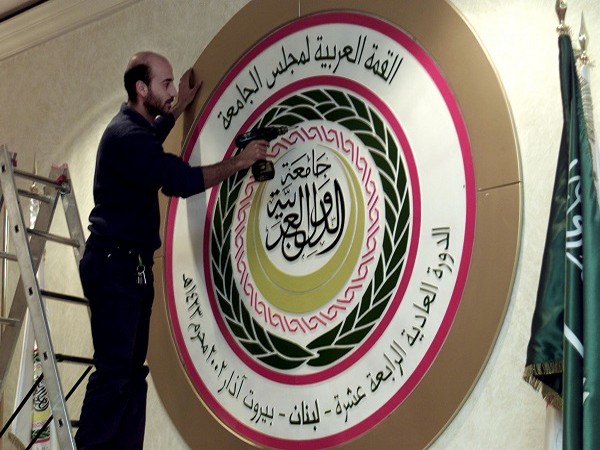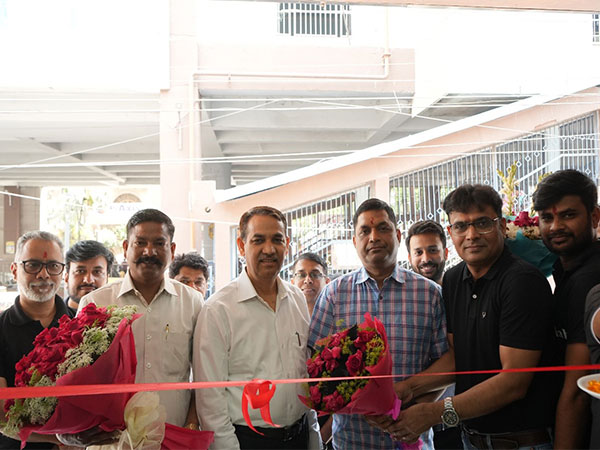
UN mission, Arab League call for end to escalation amid political protests in Iraq
Jul 31, 2022
Baghdad (Iraq), July 31: The UN Assistance Mission for Iraq (UNAMI) and Arab League on Saturday called for an end to the escalation in the country during protests against the nomination of Mohammed Shia' al-Sudani for the post of prime minister.
"The ongoing escalation is extremely concerning. Voices of reason and wisdom are critical to prevent further violence," the UNAMI said on Twitter, encouraging all sides to "de-escalate in the interest of all Iraqis."
Meanwhile, the Arab League Secretary-General Ahmed Aboul-Gheit also appealed to all Iraqi political forces to work quickly to stop the escalation and start a real and sincere dialogue.
"The Secretary-General stresses that getting things out of control will not be in the interest of Iraq or in the interest of any party," the Arab League said on Facebook.
On Wednesday, hundreds of followers of Shiite cleric Moqtada al-Sadr broke into the parliament building after the Coordination Framework, an umbrella group of Shiite parliamentary parties, nominated al-Sudani on Monday for the post of prime minister.
Earlier in the day, al-Sadr's followers entered the Iraqi parliament building again and started an open sit-in in the building.
The Coordination Framework became the largest alliance in the Iraqi parliament after al-Sadr ordered his followers in the Sadrist Movement, the biggest winner in the elections held on Oct. 10, 2021 with 73 seats, to withdraw from the parliament.
During the past months, the continued disputes among the Shiite parties have hampered the formation of a new Iraqi government, as the parliament has been unable to elect a new president by a two-thirds majority of the 329-seat parliament under the constitution.
During the past months, the continued disputes among the Shiite parties have hampered the formation of a new Iraqi government, as the parliament has been unable to elect a new president by a two-thirds majority of the 329-seat parliament under the constitution.
The president, if elected, will appoint the prime minister nominated by the largest alliance in the parliament, the Coordination Framework, to form a new government that would rule the country for the coming four years.
Source: Xinhua









